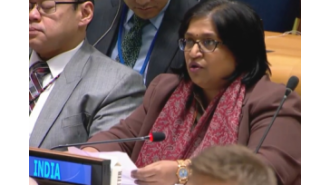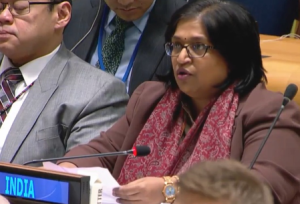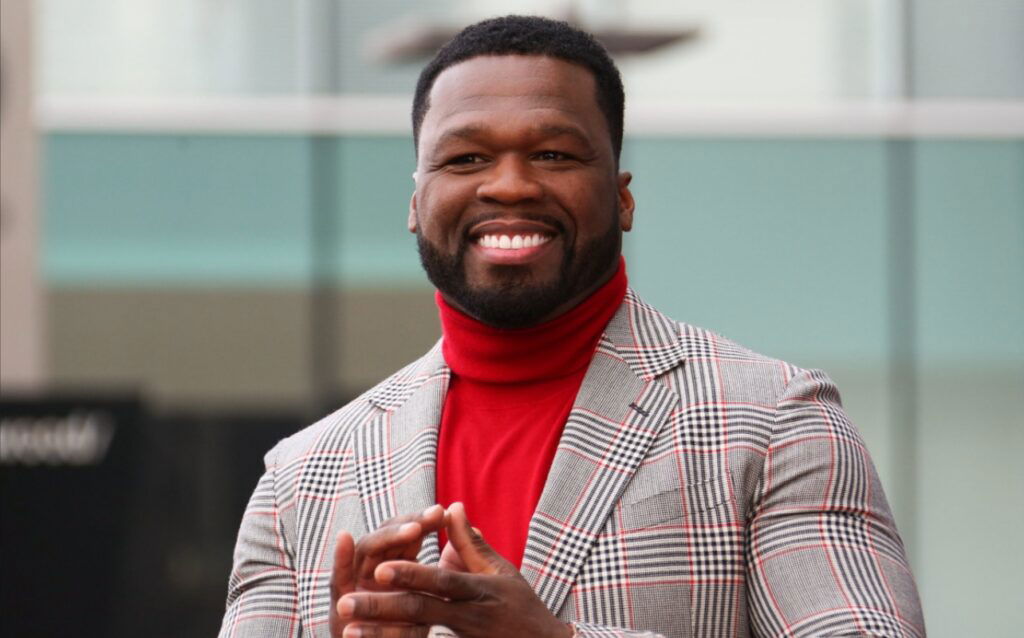Abortion is a hot topic in nine states and driving citizens to vote throughout the country.
Several states, including Florida and Arizona, are putting forward ballot measures to determine if abortion should be protected in their state constitutions.

Two journalists from the Associated Press, Geoff Mulvihill and Christine Fernando, have reported on the highly anticipated election happening in nine states. The ballots will determine if the state constitutions will guarantee the right to abortion, and it is expected to have a significant impact on voter turnout. These measures could potentially overturn current bans and restrictions on abortion in states like Arizona, Florida, Missouri, Nebraska, and South Dakota, which would affect millions of women of childbearing age.
The outcome of these ballot measures is crucial, but it is not the only factor that will determine the future of abortion laws. The control of Congress, the presidency, and state governments will also play a significant role. This includes state legislatures, state supreme courts, attorneys general, and district attorneys who all have a hand in shaping policies and enforcing laws related to abortion.
Mary Ziegler, a professor at the University of California Davis School of Law and an expert on reproductive rights, believes that if all the measures pass, it will show overwhelming support for reproductive rights. On the other hand, if some measures fail, conservatives may look for ways to replicate the success of their opponents.
It is worth noting that in recent years, voters have been in favor of abortion rights. Since 2022, when Roe v. Wade was overturned, seven out of seven measures related to abortion have been passed. This decision opened the door for bans and restrictions in most states controlled by the Republican party, while states controlled by Democrats have taken steps to protect access to abortion.
The campaigns in support of abortion rights have a significant fundraising advantage this year. Meanwhile, their opponents are focusing on portraying the amendments as extreme rather than arguing against the morality of abortion.
The Associated Press has captured some striking images related to the abortion debate, including a photo of Democratic supporters celebrating as they secured enough votes to repeal a Civil War-era ban on abortions in Arizona. Meanwhile, anti-abortion supporters continue to protest and demonstrate, as seen in photos taken in front of the U.S. Supreme Court and the Arizona Capitol.
Currently, 13 states have strict bans on abortion, with some exceptions, and four more prohibit abortion after about six weeks of pregnancy. Despite these restrictions, the monthly number of abortions in the U.S. has slightly increased due to the use of abortion pills and organized efforts to help women travel for the procedure. However, advocates argue that these bans have reduced access, especially for marginalized communities.
The issue of abortion has also become a central topic in the presidential race, with Vice President Kamala Harris referring to them as "Trump abortion bans" and criticizing former President Donald Trump's role in overturning Roe v. Wade. Harris has positioned herself as a strong advocate for reproductive health and rights, including Black maternal health.
Trump, on the other hand, has struggled to balance his anti-abortion supporters' views with the majority of Americans who support abortion rights. He has often dodged the question, stating that it should be left up to individual states, but has also taken credit for appointing three Supreme Court justices who helped overturn Roe v. Wade.
As the issue of abortion continues to be a divisive topic, many Republican congressional candidates are distancing themselves from more aggressive anti-abortion policies put forth by their party and its allies. Despite their previous statements and records on the issue, they have adopted a more cautious stance, potentially due to the vulnerability it presents in competitive races.
Associated Press reporters Geoff Mulvihill and Christine Fernando have highlighted the importance of ballot measures in nine states that could potentially guarantee a right to abortion in their state constitutions. These measures are expected to bring in a higher voter turnout for crucial races.
If these amendments pass in Arizona, Florida, Missouri, Nebraska, and South Dakota, it could potentially undo any bans or restrictions currently in place, allowing more than 7 million women of childbearing age to have better access to abortion services. However, the future of abortion legality and availability is not solely dependent on these measures, as it also hinges on who controls Congress, the presidency, and state governments. This includes key players such as legislators, state supreme courts, attorneys general, and district attorneys.
Mary Ziegler, a law professor at the University of California Davis and an expert on reproductive rights, believes that if all the abortion rights measures pass, it would be a clear indication of the growing support for reproductive rights. On the other hand, if some measures fail, conservatives will be looking for ways to stem the tide.
In recent years, voters have shown their support for abortion rights, with all seven measures since 2022 being in favor of these rights. This comes after the U.S. Supreme Court overturned Roe v. Wade, which granted nationwide access to abortion. This opened the door to bans and restrictions in most GOP-controlled states, while states controlled by Democrats have put in place protections for access.
The campaigns for abortion rights have a significant advantage in fundraising this year, while their opponents are focusing on portraying the amendments as too extreme rather than addressing the issue of abortion morality.
The article includes several images of events and protests related to abortion rights. In one of the images, Democrats secured enough votes in the Arizona Senate to repeal a Civil War-era ban on abortions. Another image shows an anti-abortion supporter sitting behind a sign that advises a clinic is still open in Jackson, Mississippi. There is also a photo of protesters marching around the Arizona Capitol in Phoenix, demonstrating against the U.S. Supreme Court's decision to overturn Roe v. Wade.
In addition, the article mentions an event in Florida where Vice President Kamala Harris and her running mate, Governor Tim Walz, kicked off a national "Reproductive Freedom Bus Tour." This event sparked a debate between supporters and opponents of abortion rights. The article also includes a photo of two women with opposing views on abortion rights talking outside the Supreme Court in Washington.
Currently, there are 13 states with bans on abortion at all stages of pregnancy, with a few exceptions. Four more states prohibit abortion in most cases after about six weeks of pregnancy, which is before most women realize they are pregnant. Despite these bans, the number of monthly abortions in the U.S. has slightly increased due to the use of abortion pills and organized efforts to help women travel for abortions. However, advocates argue that these bans have significantly reduced access, especially for lower-income and minority individuals.
The bans on abortion have also become a key argument in the presidential race, with Vice President Kamala Harris referring to them as "Trump abortion bans," citing former President Donald Trump's role in overturning Roe v. Wade. Harris has positioned herself as a consistent advocate for reproductive health and rights, including Black maternal health.
Meanwhile, Trump has struggled to find a balance between his anti-abortion supporters and the majority of Americans who support abortion rights. He has often stated that abortion rights should be left up to individual states. His stance on reproductive rights has shifted over the years, including vowing to veto a national abortion ban in October, just weeks after the presidential debate where he repeatedly refused to answer the question. Trump has also taken credit for appointing three Supreme Court justices who played a role in overturning Roe v. Wade.
As the issue of abortion continues to be a major vulnerability for the GOP, many Republican congressional candidates have distanced themselves from more aggressive anti-abortion policies, despite their previous statements and records on the issue. This highlights the ongoing debate and divide within the party on reproductive rights.










